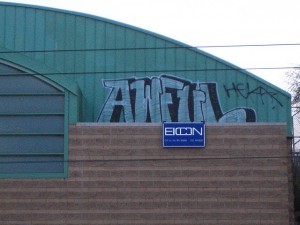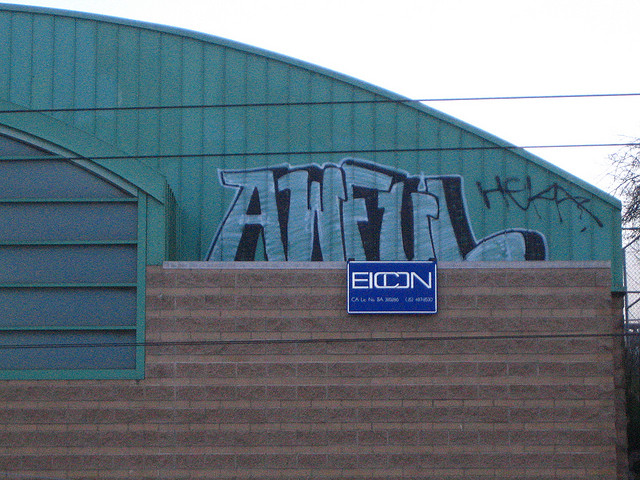I am in the midst of a truly awful first draft. Really. I have NEVER written such a bad first draft.
This is a sequel and it must be written to roughly follow an outline, but the outline seems sorta dead.
Here’s what I am doing:
 Push on. I am pushing forward, trying to write something, anything. Sometimes, the story is flat and sometimes it sings. Doesn’t matter. My goal this week is to finish a draft.
Push on. I am pushing forward, trying to write something, anything. Sometimes, the story is flat and sometimes it sings. Doesn’t matter. My goal this week is to finish a draft.
Trust the process. I am trusting the process. I know that the story won’t end with this draft; there will be multiple drafts after this, plenty of time to fix the glaring problems of this draft. It’s the only reason I am allowing myself to forge ahead, because I know that this is a process, not a static thing that I work on once and never again.
Update: As I pushed forward this week, the story did indeed start to connect as a whole. There are still many elements that are unconnected, but I am confident that I can get there. I keep thinking about Linda Sue Parks comments about her Newbery title, A SINGLE SHARD (Clarion, 2001). She says that she tried to make sure each chapter has something that looks forward and something that looks backward. For example, if she has a character use a gourd to get a drink from a spring in one chapter, she makes it her rule to use that gourd again somewhere else. The story starts with a basket-backpack leaking rice; partly, it starts there because the main character uses a basket-backpack to carry his master’s pottery to the capitol. If the backpack was necessary to the story, according to her rules, she had to use it somewhere else. THAT is what is missing in my story right now. There are elements that I threw into the first draft–because that’s what first drafts are for–but I’m not sure yet, if they will weave into the fabric of the story. For example, the main character notices in chapter one that someone has a nickname and realizes that he doesn’t have one. Right now, the story doesn’t resolve that. I need to either remove the reference entirely–or the story has to deliver him with a really great, appropriate nickname.
Experiment. Everything is going so badly anyway, that I feel free to experiment. I am throwing in snatches of conversation, snippets of a scene, trying out wording for actions–in other words, experiment. I would say that I am playing, but this time, there is just the hint of despair in the writing, since it is going so very badly. I am really searching for a voice that works. Maybe it needs another narrator? Maybe it needs a different setting? Anyway, I am allowing tangents that I would normally cut off.
Role of First Drafts. Most of all, I remember: the purpose of the first draft is to figure out what story you are telling. The purpose of all other drafts is to figure out the most dramatic way to tell that story. I remember that I am figuring out what story I am telling. So–I allow myself to, well, to figure it out. Slowly, painfully–the story is starting to shine through. It will be there within this draft, waiting for me to recognize it and polish it. I am just trusting the process and writing a really lousy first draft.


I had to laugh when I read the title of this post, Darcy. First drafts are always hideous things.
This week I was teaching a painting class, and I explained that the problem with murals is they’re so visible that people often see them before you’re ready for them to be seen. Paintings, stories, generally have awful beginnings. Every painting I do has an awkward stage where I dislike it strongly (I won’t say hate) and don’t want anyone else to see it yet. Writing is the same. As you said, when you’re there, you should just keep writing, knowing that the process will carry you beyond the place you don’t want to be sooner or later. (Hopefully sooner.)
Beth:
Glad to know the creative process is the same across other mediums. All I know is, sometimes, it is hard to push forward because the thing is SO bad. But that’s the only choice, isn’t it?
Darcy
Darcy, so very true. I am busy with a first draft too (book no 42) and sometimes I think it should be called daft not draft. But what you say is so true. Reading your experience has given me more stimulation to keep at it. Thanks.
Thank you Darcy. This came along at the exact halfway point for NaNoWriMo and I’ve shared your post with all writers I know who are doing it with me. It’s taken me 2 weeks to realise that it’s about getting the story out and down, not about a spit and polish. Perfectionism has no role in the first draft or NaNoWriMo for that matter. I appreciate your input on this crucial fact!